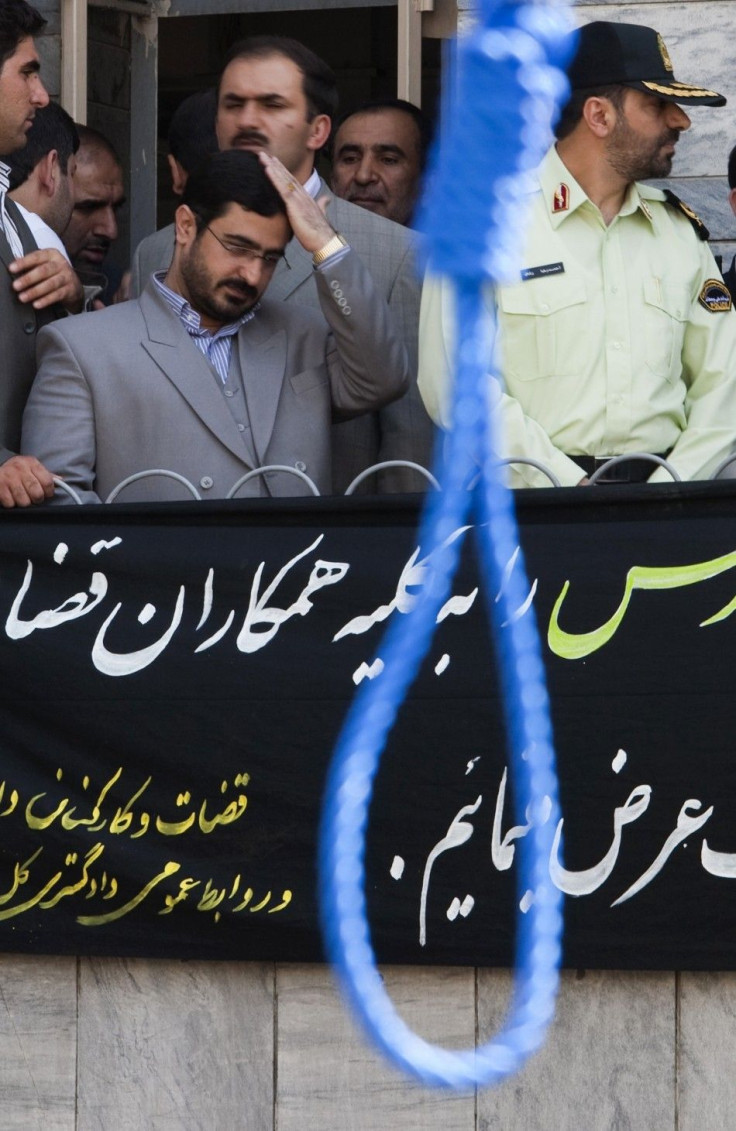Executions in Iran Quadrupled Last Year: Amnesty

The number of public executions in Iran quadrupled last year, according to a report from the human rights organization Amnesty International.
Amnesty said the dramatic spike in state-sponsored killings likely represent an attempt by the authorities to crush dissent ahead of parliamentary elections early next month.
“Casting a shadow over all those who fall foul of Iran’s unjust justice system is the mounting toll of people sentenced to death and executed,” said the group.
“There were around four times as many public executions in 2011 than in 2010, and hundreds of people are believed to have been sentenced to death in the past year.”
The escalating pace of executions, Amnesty added, “may be a strategy to spread fear among the population and to deter protests. As the repression of dissenters widens, the risk of further death sentences and executions cannot be excluded.”
Following the disputed election of President Mahmoud Ahmadinejad in 2009, Iran was wracked by months of public protests that were almost unprecedented in their scale.
Clearly, the Iranian regime seeks to avoid a repeat of such disturbances this time around.
“Since the 2009 crackdown, the authorities have steadily cranked up repression in law and practice, and tightened their grip on the media,” Amnesty stated.
“[The Tehran regime has] stopped public protests using articles of Iran’s Penal Code that make demonstrations, public debate and the formation of groups and associations deemed a threat to ‘national security’ punishable by long prison sentences or even death.”
The number of people executed in Iran is unknown since the country does not publish such data. However, along with China, the Iranians are believed to lead the world in the imposition of capital punishment.
Elise Auerbach, an Iran expert at Amnesty, told the Associated Press: “In a couple of photographs of hangings, I’ve seen little boys and girls watching executions. It’s degrading and demeaning.”
Both Amnesty and the United Nations believes that the number of executions in Iran has increases sharply since drug offenders were added to the pool of criminals who could face the death penalty.
Auerbach told AP that about 80 percent of executed prisoners in Iran were convicted of drug-related charges.
“There was a noticeable increase in the application of the death penalty, including in public, since the beginning of 2011. The execution of political prisoners and juvenile offenders was also reported,” U.N. Secretary-General Ban Ki-moon said late last year.
© Copyright IBTimes 2025. All rights reserved.





















